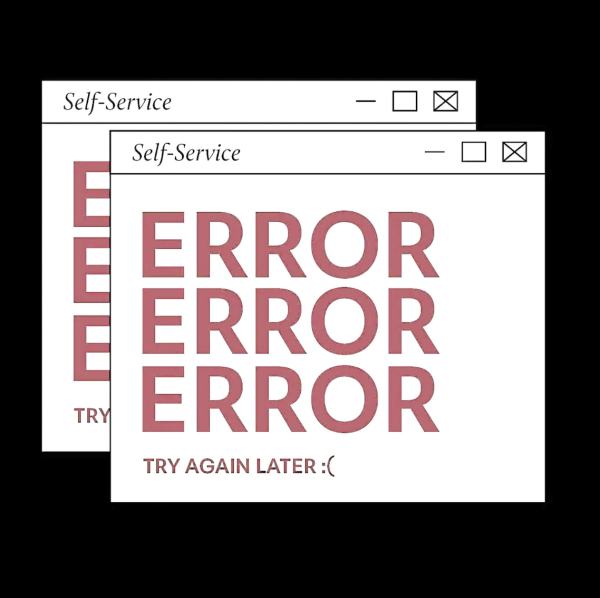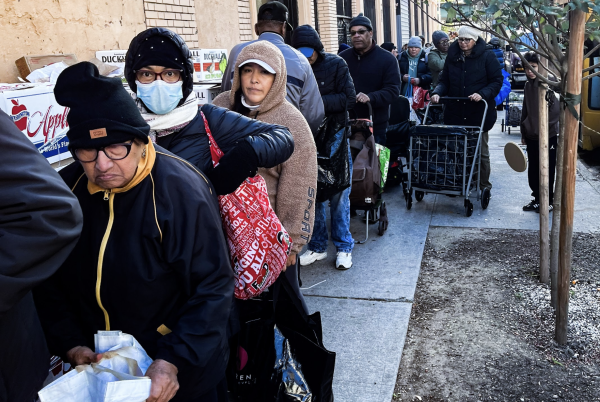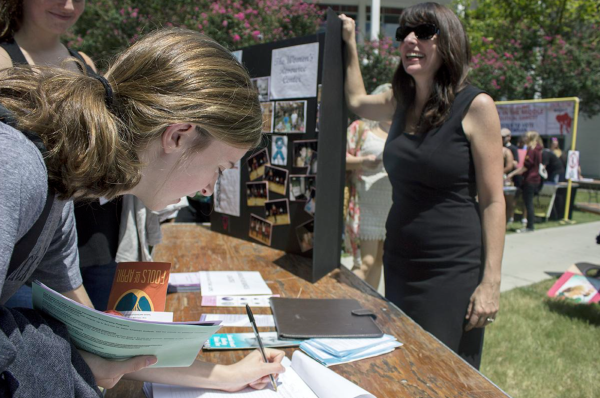Editorial: Unable to connect to the Internet
Loyola can’t display your webpages because there isn’t enough bandwidth
Loyola offers its students many services: the University Counseling Center, Student Health Services, the bookstore and the Student Success Center. These services are useful and important, but there is only one that all students, faculty and staff desperately depend on: the Internet.
We use the Internet for school. Between downloading readings from Blackboard, frantically checking LORA to see if we’re on track to graduate and sending out last-minute emails to professors from Wolfmail, we wouldn’t be able to effectively do college without the Internet. In the classroom, professors also use the Internet to load teaching materials.
We use the Internet to play. After a 14-hour day of class, studying and work, sometimes the best thing for students to do is lay in bed and watch Netflix or funny videos on YouTube.
Still, what we use the Internet for doesn’t matter. We don’t need to justify our Internet usage, given compliance with the Student Code of Conduct. Functioning Wi-Fi was promised to us if we went to school here. It is not a privilege. It is a right.
The Internet is such an important part of our lives that we’re very sensitive to it and notice when it’s unusually slow.
Resident students can’t leave campus to go home and access a faster network. The most they can do is restart their connection or go to a different building, both of which only occasionally solve the problem.
Students could submit a service request form, but after 4:45, that does nothing to fix dysfunctioning Internet until the next day at the very earliest, and not necessarily that early either.
How often does the student body get upset enough over something to organize a grassroots campaign to solve that specific problem? “Loyola Students for Better Wi-Fi,” a Facebook group that has over 700 members, is composed of students sharing their connectivity issues, posting potential solutions and joking about how bad the Internet is.
One problem that Loyola faces is not having enough bandwidth to support the number of devices connected to the network. This might not be the case if it was a private network. Now, anyone in range of the network can connect any number of devices to it. Password protecting the network and limiting the number of devices could help prevent this problem.
Students have every right to demand high-speed Internet access. Each full-time student pays a technology fee. We fund our Internet, so we should have a reliable network that can load the average web page in a timely manner.
Once students began organizing, IT made moves to add more bandwidth, which should be taking effect within the upcoming weeks.
Whether it’s because they didn’t know people were having Wi-Fi problems, or because they didn’t have to do anything until people made it an issue, this episode shows the power that the student body has over the university. If students want to make something an issue, we can cause change.
If students are silent, though, nothing will change. Students and professors have been complaining about this — to each other — all semester. If more people had made a bigger deal to IT sooner, we wouldn’t have had to go so long with slow Internet.
Take this as a lesson: when a problem surfaces, be proactive and productive with your complaints.
Loyola has made attempts to improve the Wi-Fi in the past. If the Internet problems were permanently improved then, there wouldn’t be a campus-wide outrage about it now.
We should leave the technical details to the people who are trained to solve these problems. However, this episode still raises the question of how frequently we’re going to have connectivity issues. If the answer is every couple of years, it isn’t a good one, and IT should learn ways to prevent that.
The editorial represents the majority opinions of The Maroon’s editorial board and do not necessarily reflect the opinions of Loyola University.

R. Gage is an economics junior and the Managing Editor for Electronic Properties. He was previously a guest columnist and the Opinion and Editorial Editor....










